Our exclusive partnerships provide pathways to professional schools. These often include scholarships and guaranteed seats at some of the most competitive graduate school programs. A Biology degree is a great place to start if you want to pursue a career in medicine, pharmacy, dental or veterinary medicine — just to name a few!
Department of Biology
UNC Pembroke Biology offers engaging undergraduate and graduate programs designed to prepare students for careers in the life sciences or for advanced study. With majors in Biology, Environmental Science and undergraduate and graduate Science Education, students explore topics from molecular biology to ecology while gaining hands-on experience in the lab, the field and through research. Small class sizes, faculty mentorship and scholarship opportunities help students connect learning with real-world impact.
Opportunities
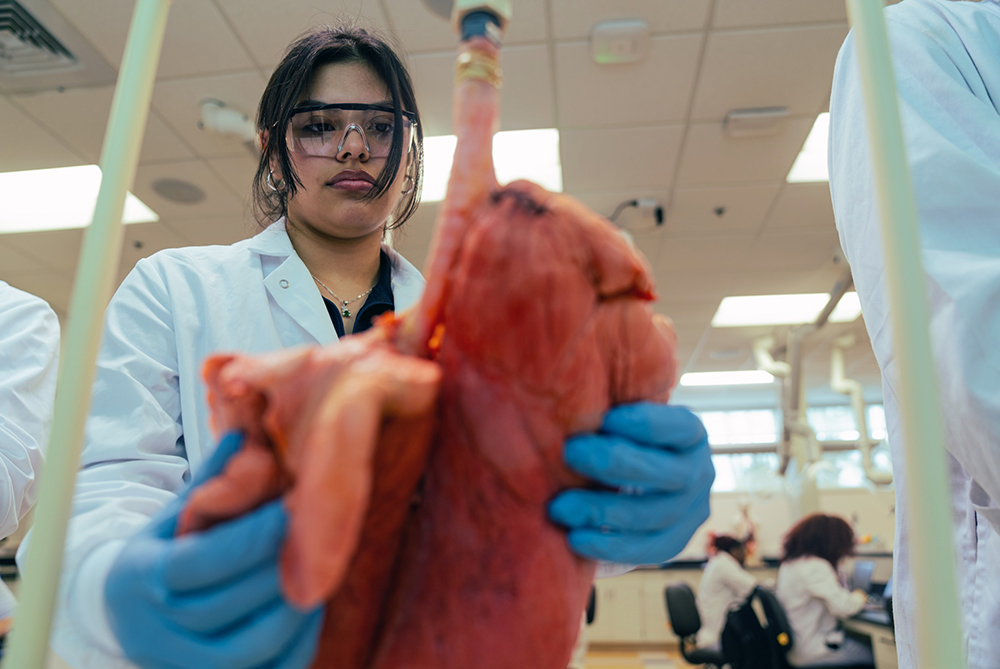
Degrees
UNCP Biology offers a variety of biology-related degree paths designed to prepare students for careers in research, healthcare, education, environmental science and more. Whether you're interested in molecular biology, ecology or pre-professional tracks like pre-med or pre-vet, our programs provide a strong foundation in the life sciences.
Undergraduate programs include a variety of minors as well as the BS in Biology with nine areas of focus, the BS in Environmental Science and the BS in Science Education.
Our graduate program offers a comprehensive science teaching degree at the initial level (MAT) or at the advanced level (MA). Students in the MA degree program can earn the community college credential in Biology or Chemistry.
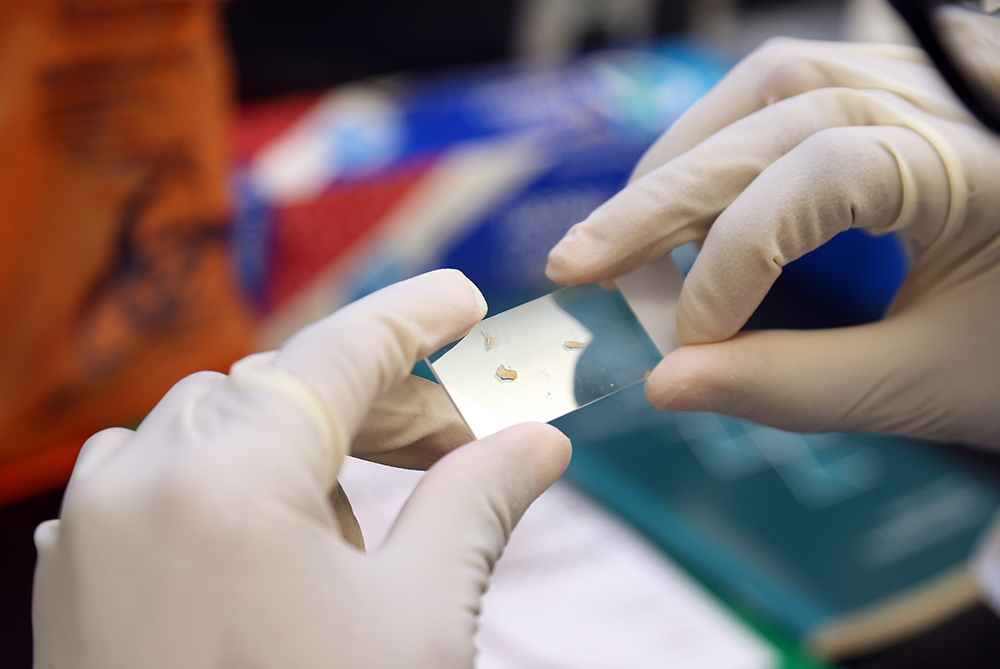
Research
At UNC Pembroke, biology students don’t just study science — they actively participate in it. Our department offers a wide range of hands-on research opportunities that prepare students for graduate programs, medical and professional schools and impactful careers in biology and beyond. Through faculty-mentored projects like the BIO 4990 Research in Biology course, opportunities in the BioTech Center and programs such as PURC, students engage in meaningful, real-world investigations both in the lab and in the field.
Whether you're studying the molecular biology of Alzheimer’s disease, completing an ecology internship in local wetlands, or contributing to innovative science education research, you'll be immersed in a collaborative research culture built on mentorship, inquiry and discovery.

Let Biology Lead You
To a Career in Healthcare
Grow Your Future in Biology and Agriculture
Rooted in courses ranging from plant and animal science to soils, pest management and sustainable practices, this program empowers you to tailor your degree around your interests in agriculture, biology or both. Through real-world partnerships with regional producers and engaged faculty research, you’ll gain practical skills and scientific insight that connect classroom learning directly to your career goals and the health of our communities.


Where Sustainability Meets Science
Discover the UNCP Campus Garden & Apiary — an immersive, outdoor learning environment
where science, sustainability and community come together. This vibrant space gives
biology students the chance to explore food systems, soil science, pollinator research
and environmental stewardship through hands-on projects and faculty-led initiatives.
Whether you're studying plant biology, supporting local outreach or gaining field
experience, the garden and apiary offer a powerful extension of the classroom and
a meaningful connection to the natural world.

Biology in Bloom

Explore the Region’s Botanical History
The UNCP Herbarium is home to more than 7,000 preserved plant specimens and serves as a vital resource for research, education and conservation. Focused on the rich plant life of southeastern North Carolina and surrounding areas, the herbarium supports student learning, faculty research and regional biodiversity studies. It’s also open to visitors—including educators and researchers by appointment — offering a unique opportunity to engage with the natural world through hands-on exploration and scientific discovery.



Learn from Experts.
Lead in Discovery.
When you study biology at UNC Pembroke, you’re learning from faculty who are not only passionate educators, but also active researchers and experts in their fields. Our professors are leading studies that span the full spectrum of biological sciences, from molecular and environmental biology to plant, animal and human systems.

Students in Action
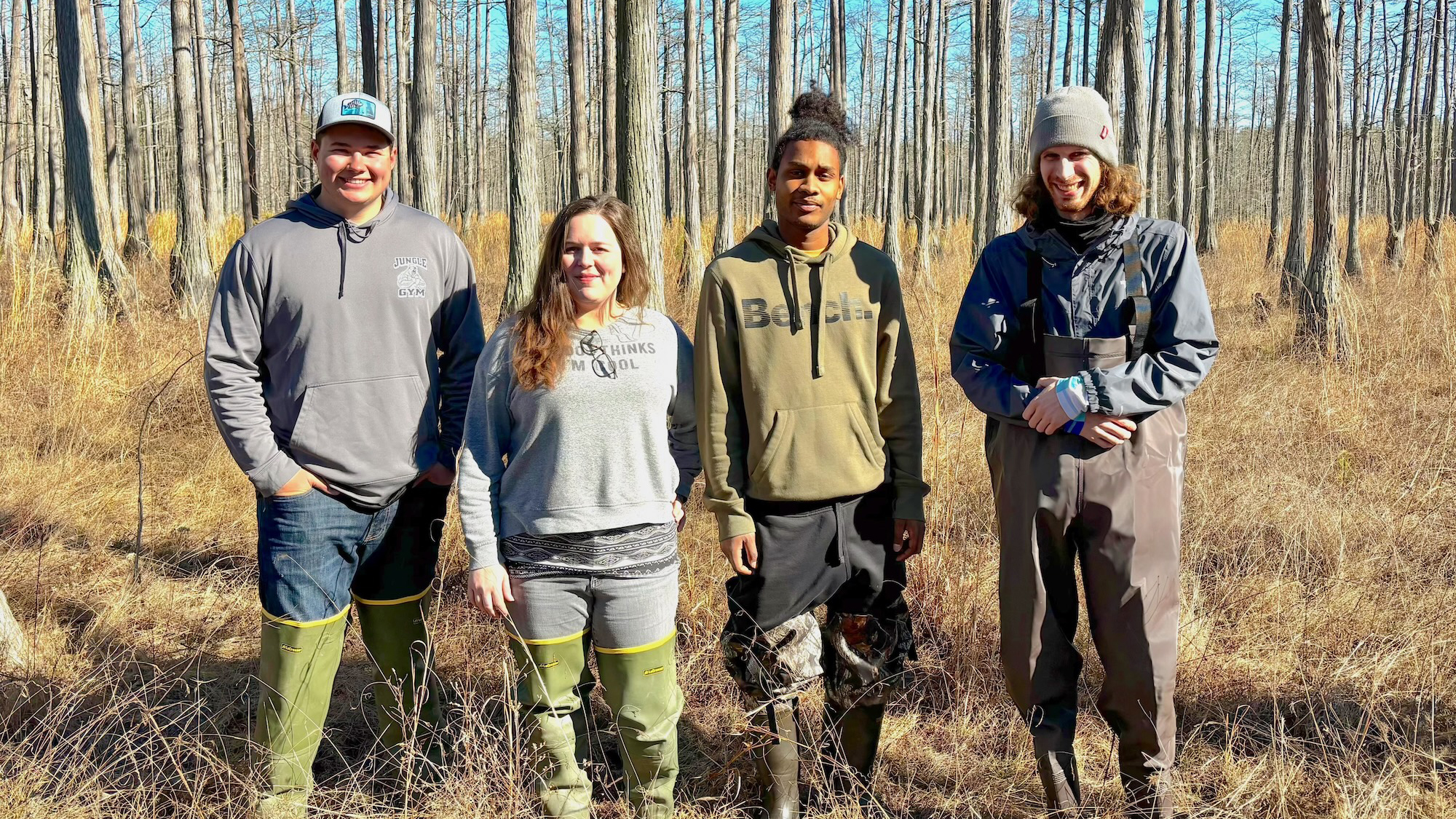
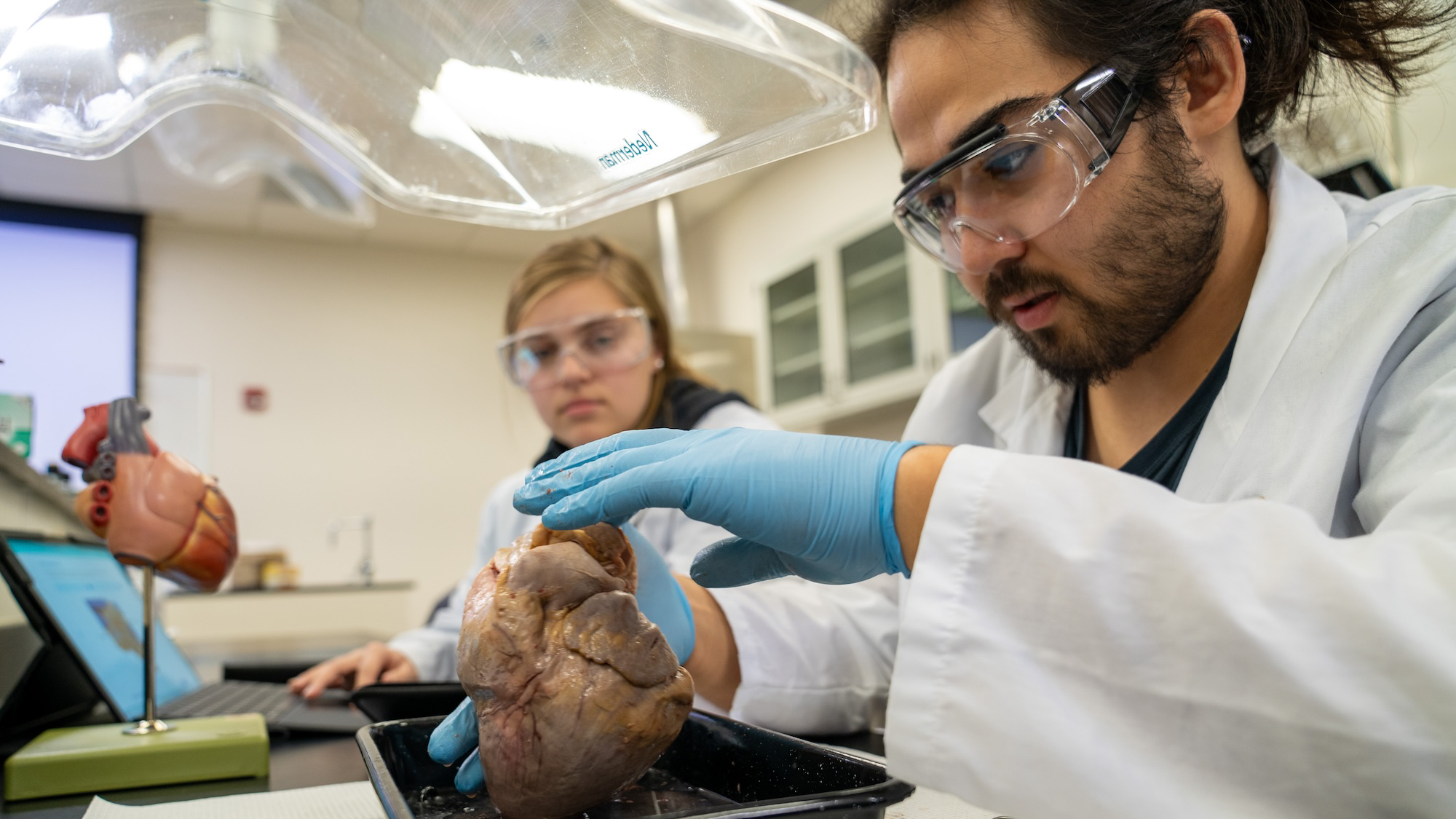
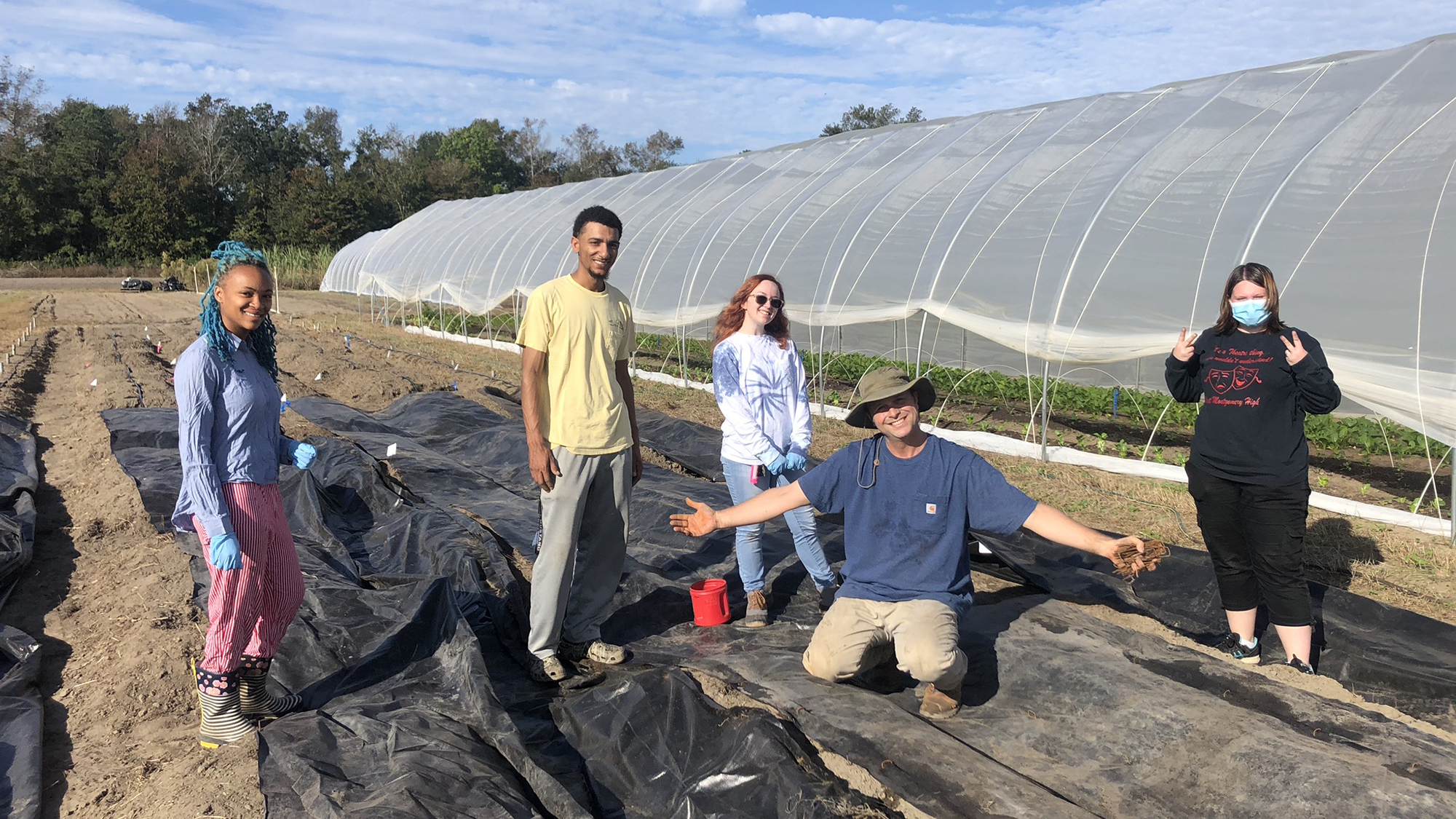
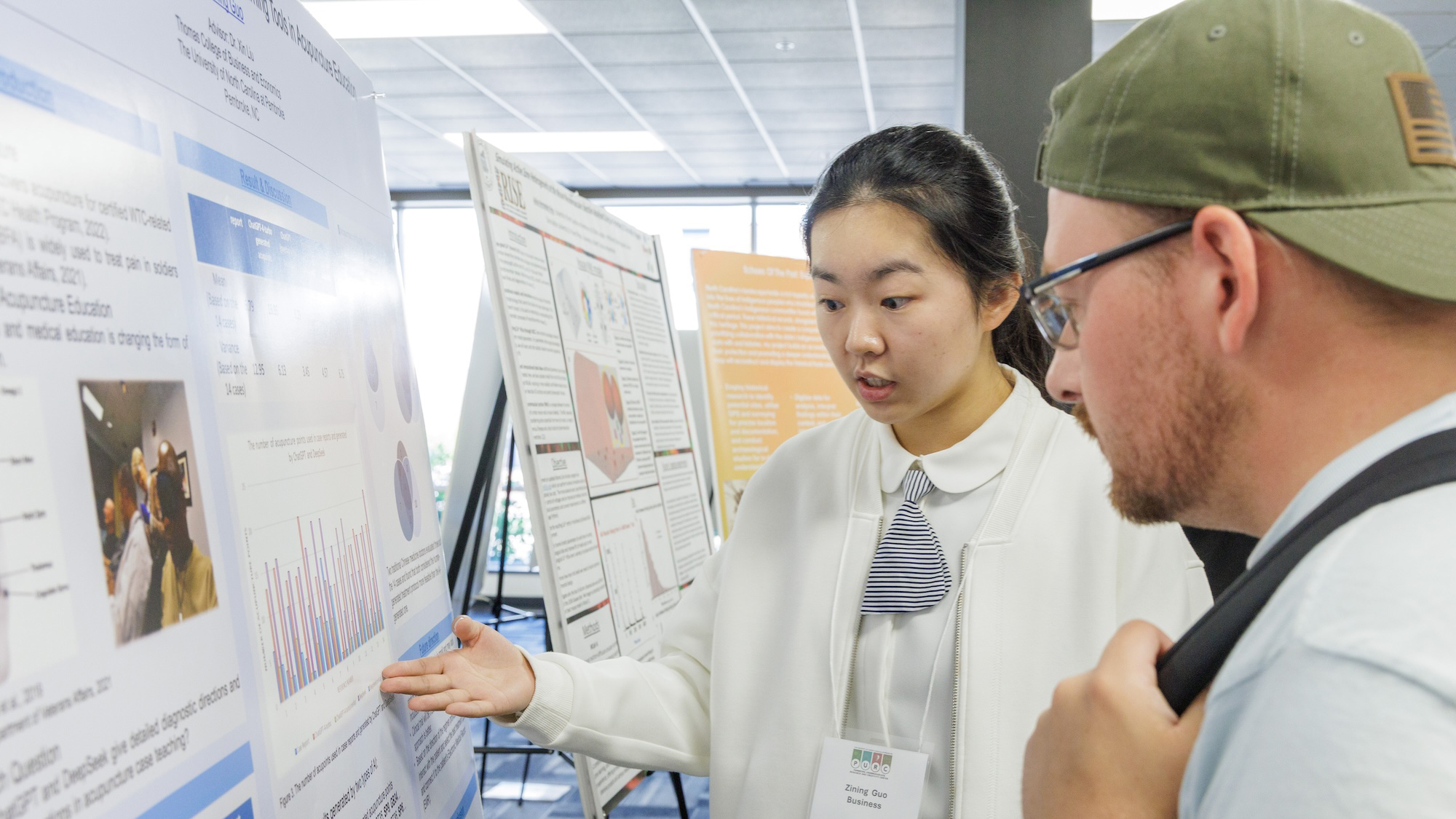
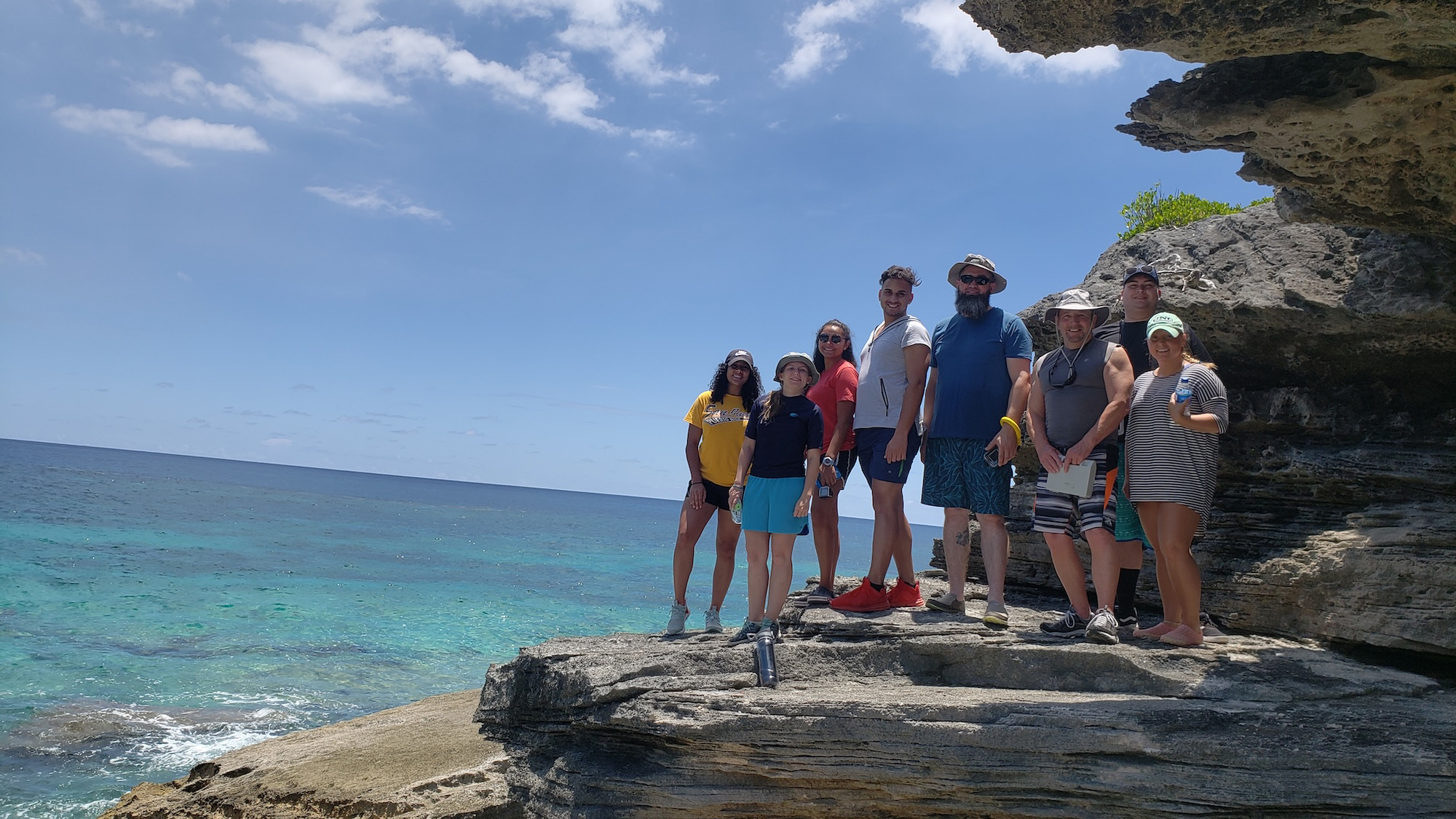
Student Awards


Beyond Graduation

I am blessed to be a part of the Maynor G. Honor’s college and the NSF COMPASS-2 program. I had the pleasure of presenting my mosquito surveillance research at the 2025 NCAS Conference at Fayetteville State University and at UNC Pembroke’s 2025 PURC Symposium! It’s always a great experience sharing your research with other students who are just as passionate as you are about science.
Kayla Patrick
Senior, UNCP BiologyCommon Careers
Biology at UNC Pembroke is more than a major—it’s a pathway to high-impact careers across science, health, education and the environment. Our program equips students with the knowledge, lab skills and critical thinking needed to solve real-world problems and thrive in a wide range of professional and academic fields.
- Research Scientist
- Environmental Scientist
- Biomedical Research Assistant
- Wildlife Biologist
- Medical Technologist
- Conservation Biologist
- Healthcare Administrator
- Biotechnology Researcher
- Physician, Dentist or Veterinarian (with advanced study)

Department Chair



Connect With Us
Oxendine Science Building, Room 2101
PO Box 1510
Pembroke, NC 28372
Phone: 910.521.6245
Fax: 910.522.5754
biology@uncp.edu
Latest News
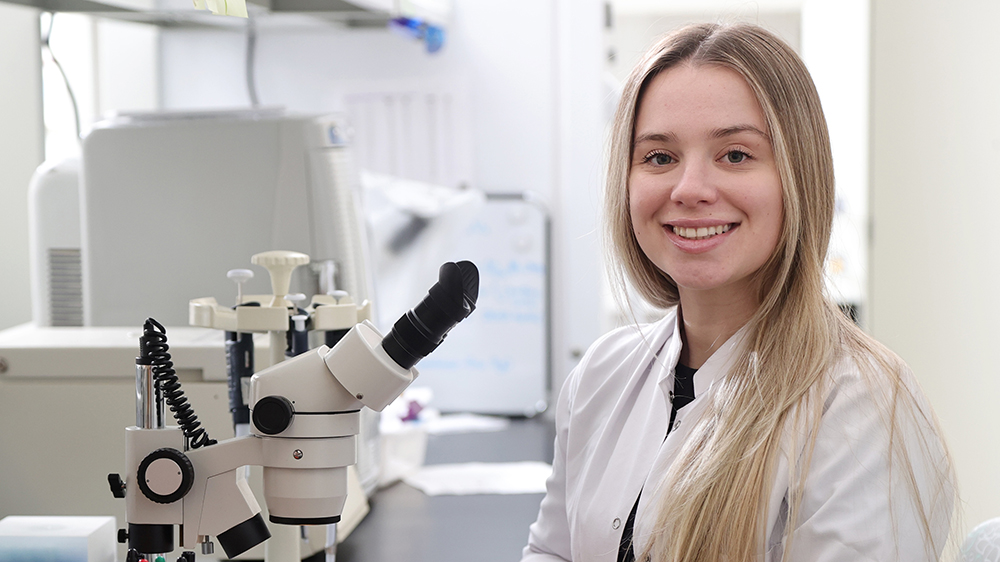
A Global Journey, A Local Impact: Iva Angjeleska’s Path to Medicine
Nearly 5,000 miles from her hometown in Skopje, North Macedonia, Iva Angjeleska is precisely where she belongs
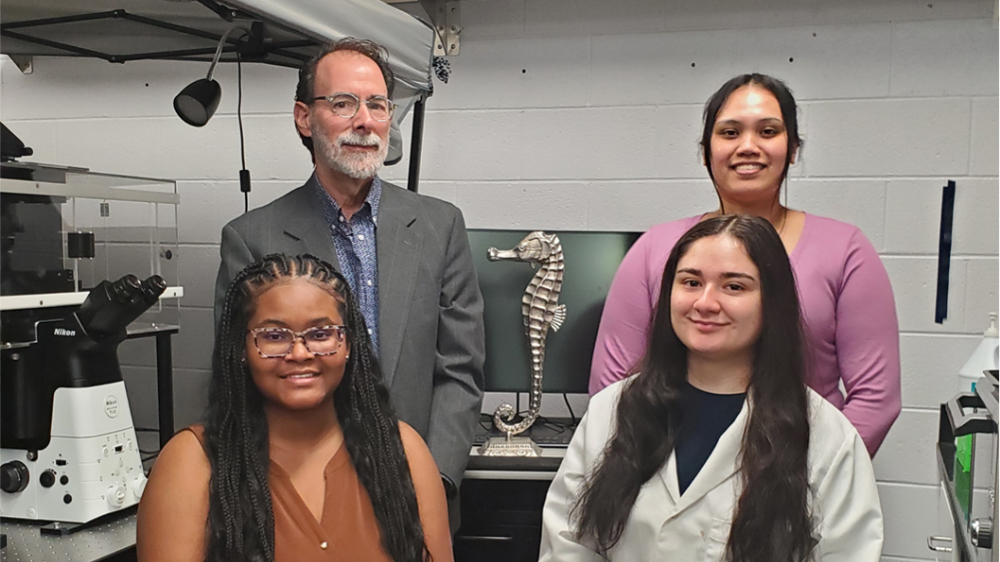
UNC Pembroke Research Published in World’s Leading Alzheimer’s Journal
A research team led by Dr. Ben Bahr, the William C. Friday Chair and Distinguished Professor at UNC Pembroke, has achieved a significant milestone in Alzheimer’s disease research with a new study published in Alzheimer’s & Dementia: The Journal of the Alzheimer’s Association, widely regarded as one of the most prestigious and selective journals in the field.
UNCP Student Researcher Showcases Work at National Conference
UNC Pembroke senior biology major Auley Abudayya recently represented the university at the National Research Conference held at the University of Pennsylvania on October 10–11, 2025.


